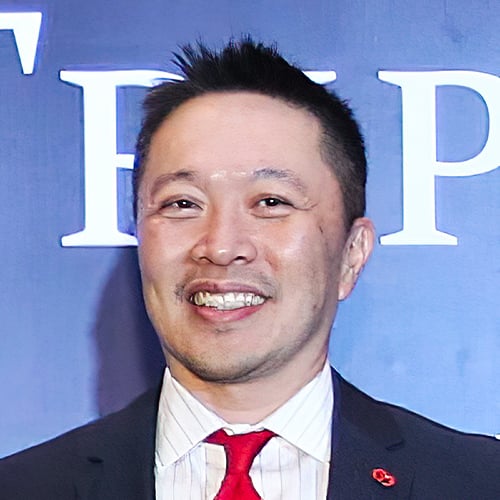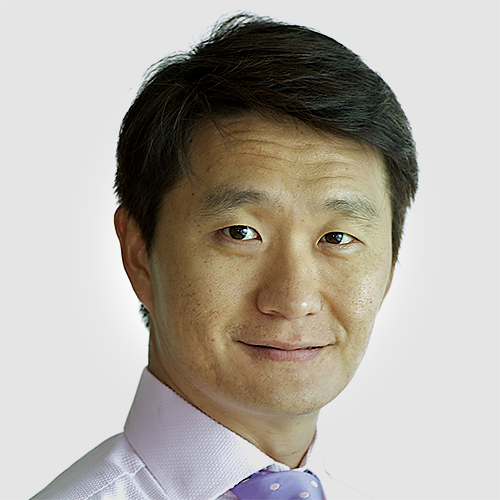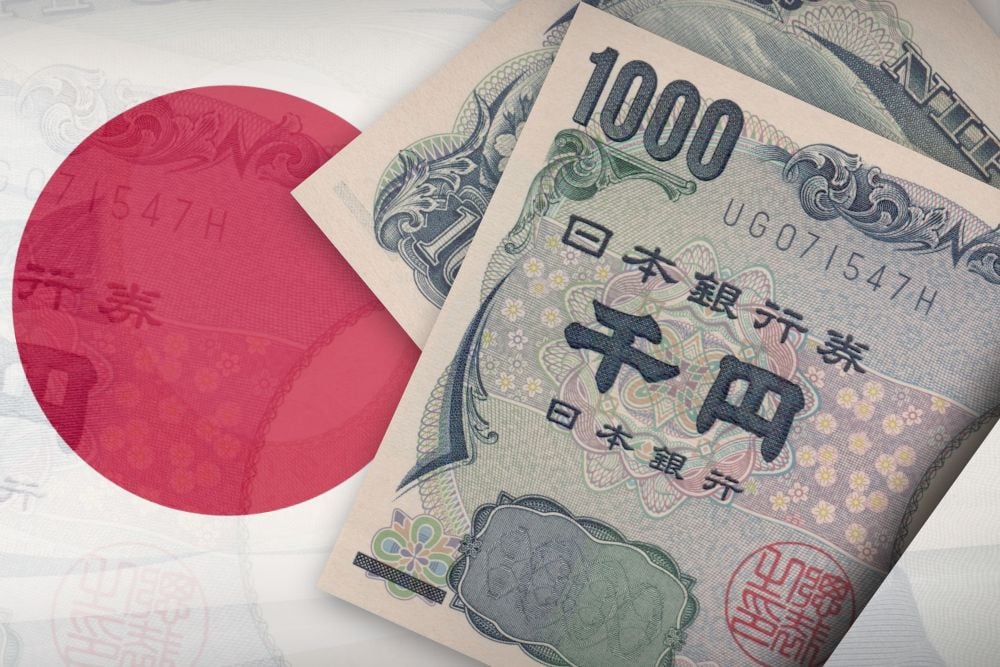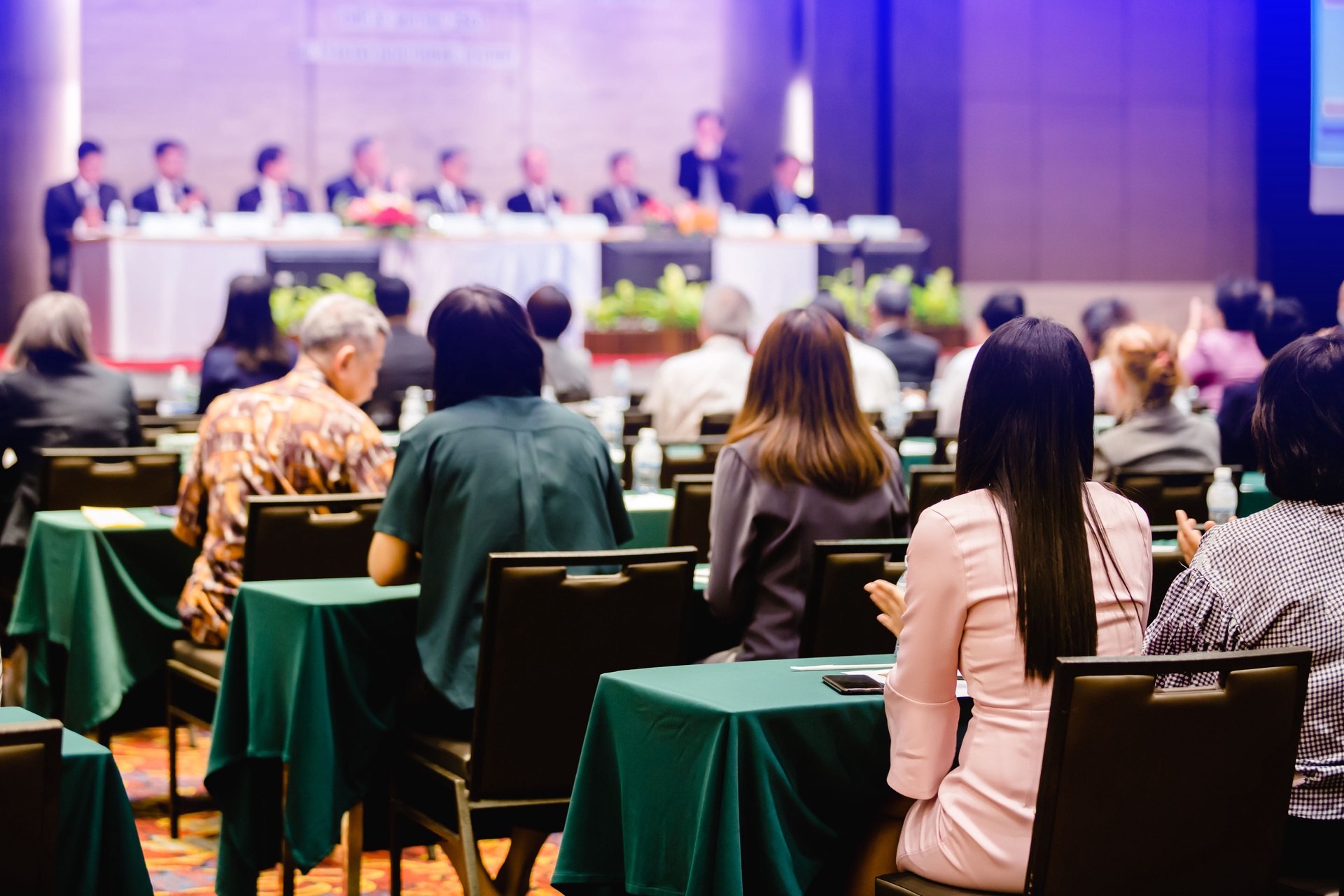On a typical autumn day in Seoul in October 2020, an economic titan of the Korean chaebol (family-run business conglomerate) community passed away. The force behind Samsung’s rise to being a global electronics company, chairman Lee Kun-hee died at the age of 78, marking the latest changing of the guard for a South Korean conglomerate. His son Lee Jae-yong officially took the helm as chairman late last year.
Over the past several years, chaebols such as Samsung have not only had to grapple with leadership changes but also with questions about the next phase of their business growth. In the case of Samsung, the group has been active in reorientating its business to capture several growth sectors such as healthcare and EV (electric vehicle) batteries, via its Samsung Biologics and Samsung SDI units.
Back in 2018 the Samsung Group had already begun shedding some non-core asset holdings, including selling a 32.4% stake in Samsung Techwin and a 57.5% stake in Samsung General Chemicals to the Hanwha Group.
Around the same period as Lee Kun-hee’s passing, another chaebol, Hyundai Motor Group, went through a leadership change of its own, with Euisun Chung becoming chairman of the world’s fifth-largest automaker, taking over from his 82-year-old father Moon-Koo Chung. Already playing an active leadership role in the company since 2018, the younger Chung has been vocal in reshaping the business to gain a more sustainable and technology focus, including a goal to develop its own flying car technology by 2023. Just today, Hyundai Motor Group's share price surged by as much as 25%, the most since 1988 as there was market chatter about possibly working alongside technology company Apple Inc. to develop a self-driving electric car.

Another chaebol, SK Group has likewise worked over the past several years to reshape its business model, embarking on a US$2 billion business portfolio transformation, which included the US$1 billion acquisition of KCFT from private equity firm KKR last year. It was the group’s major entry into the global EV value chain market, and it is now involved in the supply of electrolytic copper foil, a key component for lithium-ion batteries. At the same time, SK was exiting from non-core assets, selling SKC Kolon PI to Glenwood and a 27.9% stake in SK Bioland to Hyundai HCN. Since initial discussions on SK’s corporate transformation began in 2017, the company’s stock price has grown by around 240%.
At LG Group, Koo Kwang-mo took the helm after the death of his father in May 2018 and has since been undertaking significant changes at the chaebol, including closing down LG Fuel Systems and getting other subsidiaries LG Display and LG Chem to reshape their focus areas. Last summer, LG Chem sold its liquid crystal display polarizer business to China’s Ningbo Shanshan for US$1.1 billion.
LG Group then used the recently acquired funds to move into new business ventures focusing on growth areas such as car parts (e.g., EV batteries) and artificial intelligence. Just several weeks ago LG Chem finalized a deal to purchase Chinese wind and solar power sales firm Yunfengxin Energy, a critical part of LG Chem’s goal to achieve carbon neutral growth by 2050. Already, LG Chem has been highly successful in the EV battery space, taking the top spot (January-September 2020) with a 24.6% market share of the global EV battery industry, according to SNE Research.
While the viability of these new chaebol business ventures has yet to be realized, it is encouraging to see that within the South Korean corporate landscape there is a sense of enthusiasm around the new direction the younger generation of leaders will take their respective businesses in the years to come.









